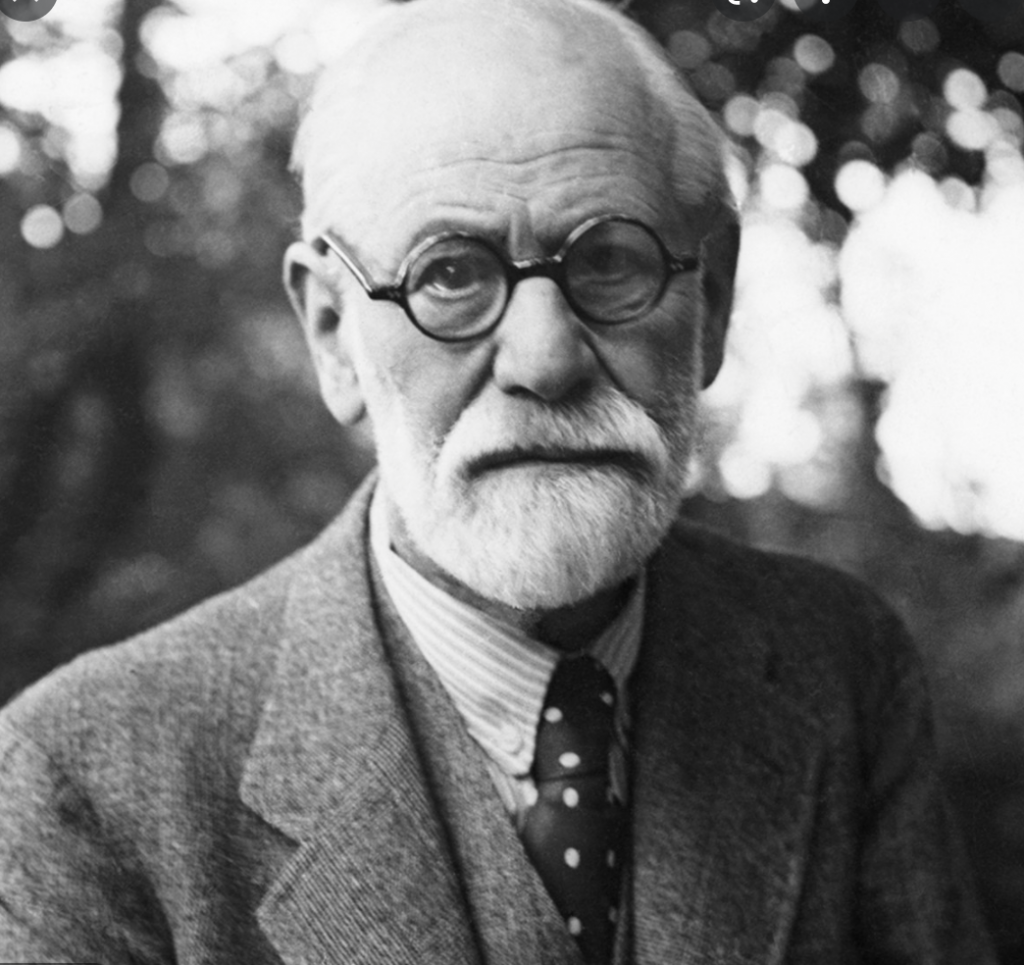I am very passionate and interested in psychology and understanding the human psyche. This is what drew me to write my blog on Sigmund Freud. He is well known and controversial but his work on The Interpretation of Dreams is exceptionally interesting.

Freud was born in 1856, in Moravia (Britannica,n.d). He is well known for his contributions and writings on the human psyche and his interpretations and ideas on society. He was met with a lot of criticism for his work. Regardless of his criticisms, I think it’s fascinating to learn about someone else view and ideas on the world, specifically in his publishing of The interpretation of Dreams.

The Interpretation of Dreams was published in 1913. His ideas had an immense effect on 20th-century culture. I won’t delve into all of the content of his book but highlight a few interesting points that I found.
He wrote the book after his father passed away. It was thought that this event triggered him to delve into the unconscious (Encyclopedia.com,n.d). He believes that dreams have inherent meaning and that you are able to understand them using scientific methods. This has received harsh criticism, but he insists that all dreams have an underlying purpose.
Dreams draw from three sources. Firstly experiences from the day before. Second somatic sources, this would be like going to sleep hungry and having a dream about eating a meal. The third is childhood experiences being recalled (Encyclopedia.com,n.d).
Freud also delves into dreamwork, which is the process of dream formation. The first element of dreamwork is condensation. Condensation is when multiple ideas, objects, subjects, etc are combined into a single entity. One entity can have multiple meanings, it’s a mash-up of your subconscious (Encyclopedia.com,n.d). The second element is displacement. Displacement is where something is standing in for the real object, it’s a substitute for the real thing. The third element is representation. Representation is ideas that are communicated in nonverbal ways. Freud uses these elements to explain how a person’s dream is formed. Each element could be used to make sense of the seemingly random and unnatural nature of our dreams. Even though I only read a small portion I’m very interested in continuing on with his book (Encyclopedia.com,n.d).
Works Cited:
Encyclopedia.com. 2021. The Interpretation of Dreams | Encyclopedia.com. [online] Available at: <https://www.encyclopedia.com/arts/culture-magazines/interpretation-dreams> [Accessed 17 November 2021].
Jay, Martin Evan. “Sigmund Freud”. Encyclopedia Britannica, 1 Oct. 2021, https://www.britannica.com/biography/Sigmund-Freud. Accessed 16 November 2021.
Images from
https://www.biography.com/scholar/sigmund-freud